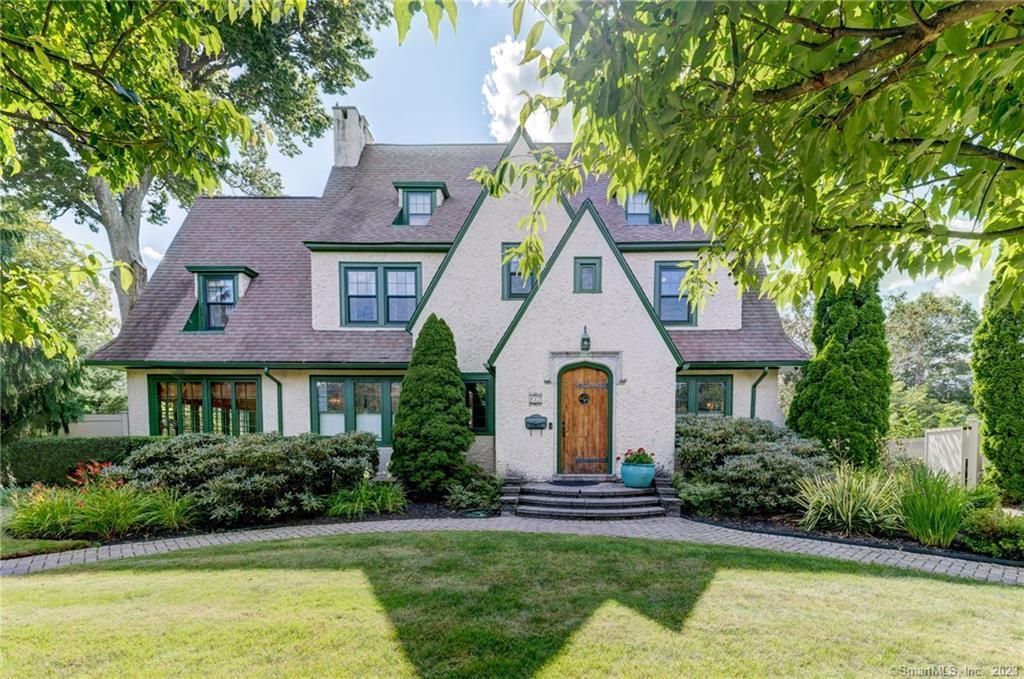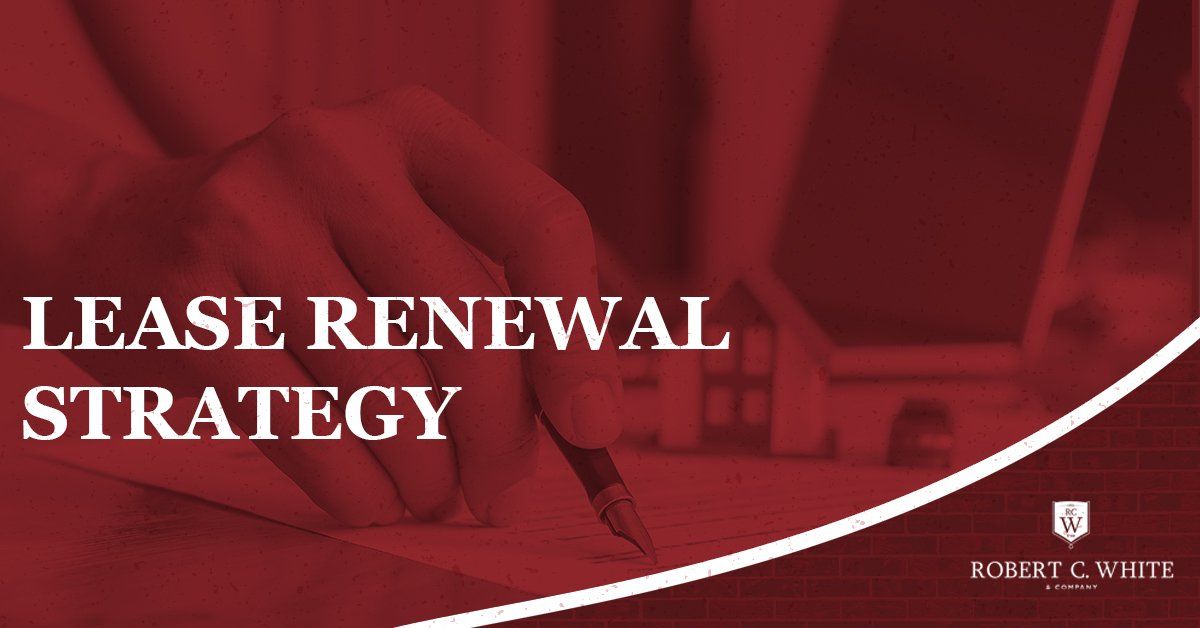Cash Flow and Cap Rates: What Makes A Good Investment Property?
How To Determine Good From Bad Rental Props
There are lots of factors to determining a good rental property from a bad one, and the items we discuss here, cash flow and cap rate, often go hand in hand. If you’re cash flow positive at an income property, that's great! And if your cap rate is high relative to similar listings, you’re going to earn some serious money! But what if you’ve never heard of these terms and it’s your first time deciding whether to rent or sell? Or you want to get some basic knowledge before you make an offer on an investment property? Well, you’re in luck! This quick start blog will help you understand both cash flow and cap rates, plus give specific examples to show you the calculations, let’s flow!
What is Cash Flow? Will it Cash Flow?
Cash flow is simply the amount (+/-) of cash on hand annually after all expenses have been. Maybe you think you’re ready to handle tenants requests and maintenance items, but do you know whether your property will be cash flow positive once it’s filled? Let’s get into more detail...
First you’ll start by finding the expected market rent for your property. You could use Zillow, Trulia or some other estimator, but this is best done for FREE with the help of a local real estate professional! If you'd like, you can even request one from our advisor through the link HERE now. Once you know the rental income your property can expect to bring in, it's time to run the numbers. Below is the formula to calculate a property's yearly cash flow and an example for you to chew on. Cash flow at the sample property is + $4,775/year, and positive cash flow is great!
Cash Flow =
Gross Rental Income - Payments (mortgage/taxes/fees) - Avg. Yearly Maintenance Expenses
$4,775 = $28,200 (12 months x $2,350/month rent) - $21,600 (12 months x $1,800/month) - $1,825
What About Cap Rates?
You now know how to calculate cash flow and your property may even project positively! However, some rental properties (like any investment) are better than others. If you sold your property today and put the money into the stock market, could you make more year after year? Well, maybe… but this is where cap rate comes in handy!
Most property investors use cap rates as an indicator of how strong their investment is. A low cap rate gives good reason to sell, but a high cap rate indicates a well performing rental property. Once you learn what cap rates are and how to calculate them, you’ll be able to compare your property’s projected returns against other potential investments. If you end up with a low cap rate after you project the numbers, renting may not be the wisest choice for the property in question! Let’s define cap rate now and go through an example together here.
What is Cap Rate?
Cap rate is a calculation used to determine an investment property's profitability, and what is considered a good cap rate can vary greatly based on location. If your purchase price for a property is low compared to expected rents, you’ll have a high cap rate. In residential areas, cap rates can get as high as 8-12%. Caps rates also change over time, which is why investors must keep any eye on their properties, and may decide to sell one in favor of purchasing another. If rental rates in a particular area do not increase, but costs of maintenance, taxes, and other items do, then cap rate declines.
How to Calculate Cap Rate:
Cap rate = net operating income (gross rental income minus operating expenses) divided by your purchase price.
Gross rental income = all rental income from tenants
Operating expenses = mortgage, insurance, taxes, repairs, marketing, vacancies, etc.
Purchase price: 300,000
Gross annual rental income: $25,000
Minus annual expenses: $6,000
Gives you a net operating income of $19,000
$19,000 net operating income divided by your purchase price gives you a cap rate of 6.33%. Not too shabby!
Final Thoughts
You’re now armed with two crucial equations, cap rate and cash flow. Both will help you determine the potential returns for your rental property and allow you to better assess the investment’s performance and potential! There is another side to this coin though...because even if you project positive returns, you’ve got to think about marketing, tenant selection, completing repairs and other general management items. For more helpful articles and links for landlords, visit our blog and check out what else is on offer!














